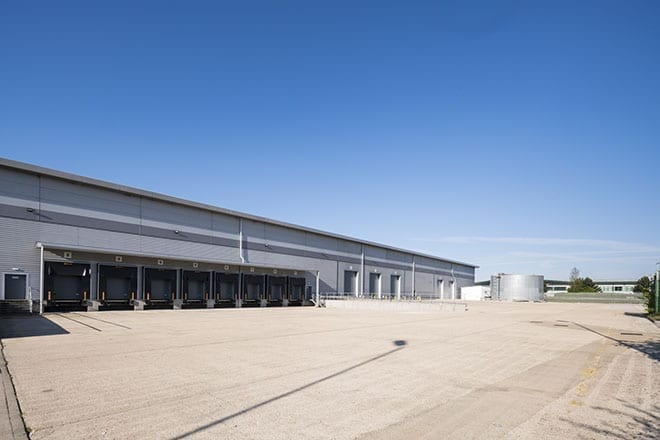Subscribe
Sign up for timely perspectives delivered to your inbox.
Simon Hillenbrand, Head of UK Retail, and Ainslie McLennan, Co-Manager of the Janus Henderson UK Property PAIF, answer questions relating to the dealing suspension of the PAIF, along with its feeder fund, and the outlook for the asset class.
Simon: The COVID-19 pandemic created significant market uncertainty. This led the valuer of the fund’s direct property portfolio – CBRE – to declare on 17 March 2020 that it had material uncertainty around the valuation of UK physical properties across the market, and therefore by inference all the fund’s direct property assets. Given this material uncertainty and the Financial Conduct Authority’s rules in this regard, we needed to protect the interests of all investors by suspending dealing.
This material uncertainty extended across all UK property fund valuations issued by CBRE and was agreed to by all independent fund valuers. The dealing suspension (which is still in place at the time of writing) allows the valuer to better understand the impact that the COVID-19 crisis is having on direct property market valuations.
Simon: Returns from UK commercial property are predominantly derived from rental income, typically paid on a quarterly basis by the tenant that occupies the property. During the COVID-19 lockdown many businesses were forced to shut. This has affected the ability of some businesses to pay rent, notably within the leisure and retail sectors, and may also put downward pressure on the capital values of properties with distressed tenants. A reduction in rental receipts will, over the course of this year and possibly beyond, impact the level of income distributions that UK commercial property funds can make to investors.
Ainslie: We are working with all our tenants and offered to move to monthly rents to assist their cashflow. We believe it is important to support tenants through this challenging time rather than risk vacant properties when the crisis is over.
Communicating with tenants has also fostered discussion on sustainability matters, energy efficiency, and potentially taking longer leases as a trade-off for any rental breaks. During the lockdown we also offered vacant space and use of carparks in shut assets to the NHS and the government.
Ainslie: In June we completed our first sale post the full impact of lockdown. There are other sales under offer and, with the gradual loosening of restrictions, more building surveys are taking place.
We continue to implement asset management initiatives. These can include refurbishment work to improve valuations and attract a better quality of tenant, changing the planning use of assets to increase rental revenue, or renegotiating existing leases to extend tenancies. We also implemented a new office letting during the lockdown.
Simon: A date for the reopening will be announced when this period of material uncertainty has passed and property valuations are more certain.
Since 31 May 2020, CBRE and other fund valuation houses have removed the material uncertainty clause from certain types of assets, notably where transaction activity in the market is providing valuation evidence. We would expect that the uncertainty clause will remain on some sectors or specific assets while social distancing is in place.
Another consideration is that the fund has historically maintained a cash position to meet a reasonable level of redemptions. Prior to reopening, we want to be satisfied this can be maintained and the funds will not face resuspension in the short term. We are acutely aware of the frustration that the suspension may have caused investors and would like to thank you for your patience during this challenging period.
Ainslie: Our approach is to hold a portfolio of relevant, energy efficient and well-connected assets that companies of today and the disruptors of tomorrow would wish to occupy. COVID-19 has, in many ways, accelerated the market shifts that we have been anticipating.

A 125,000 sq.ft. distribution warehouse in Southampton, owned by the fund and occupied by Amazon. Source: Nuveen Real Estate. As at 30 June 2020.
While the UK commercial property market overall saw an initial downward valuation shift when COVID-19 measures started to be implemented, many areas have been resilient. Industrial and logistics are sectors we have liked for several years because they are beneficiaries from the rise in ecommerce, which the lockdown has only encouraged.
Social distancing measures and greater working from home is likely to affect offices, a sector to which the fund does not have a large weighting. Those offices that we do own are not high-rise and, therefore, should be easier to accommodate returning staff.
As to retail, several years ago we started to respond to emerging structural change by diversifying away from traditional areas of the retail market. The fund does not own any shopping centres, an area of the market along with certain leisure-based assets, such as restaurants and hotels, which may continue to struggle. On the upside, we expect retail warehousing to become more robust as the size of the units easily allows for social distancing. Supermarkets have been a beneficiary of the lockdown and those that the fund owns continue to trade well.